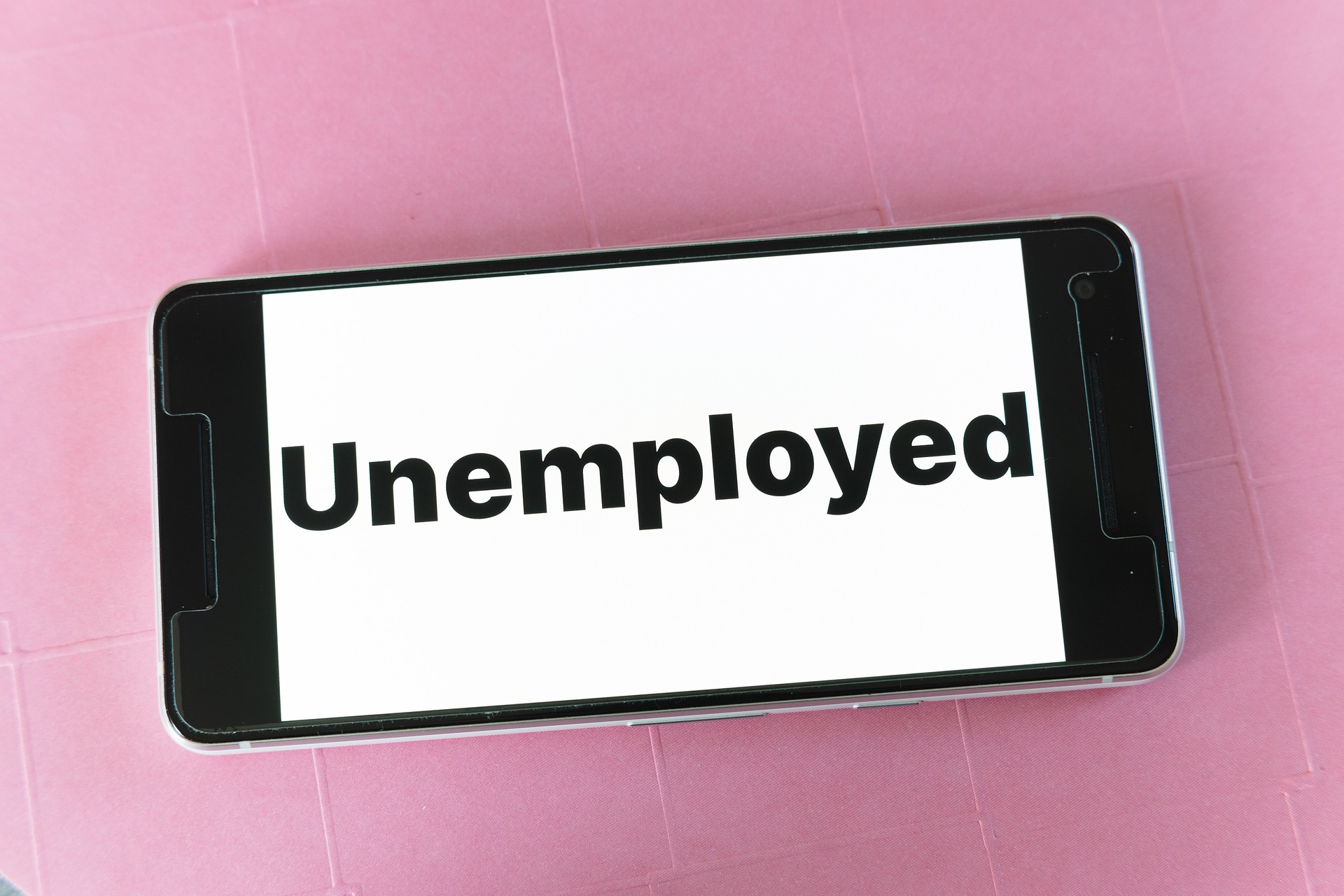With so many layoffs happening in big and small companies today, I thought I’d share my story on how I lost my job in 2019 and the lessons I learnt from this.
I hope this encourages you if you are in such a situation right now.
So here’s my story.
I studied Economics and Finance at Kenyatta University. I finished school towards the end of 2016 but I graduated in 2017. Fortunately, I got a job before graduating. I was so excited. This was in an investment company. I started in the admin department and then moved to the investment department something that I had really wanted. I worked there from 2017 to end of 2019.
How I Lost My Job
We had known that the company was laying off people because of liquidity issues but in my head, I never thought that it would happen to me because I was earning very little. I was earning 40K. I figured I’m making way too little for the company to let me go. It made sense to me for people earning much money to be sacked since they’d be saving the company more money.
On a normal day during lunch hour, I got called into a meeting by my manager and she explained that the company was having some challenges and that they were letting me go. I wasn’t being given notice that they will let me go towards the end of the month or in a few months. It was there and then. The instruction after that meeting was to hand in company property. I was to be given 2 months’ worth of my pay.
I remember being so shocked. It was all too sudden.
That is how I lost my job. I went into the office to do what I usually do and I came out of work that day without a job and without a plan. It was a really tough time for me. I even remember not being able to leave the house for two weeks.
Between then and now, I’ve learned some very important lessons that I’d like to share with you.
Lessons learnt
1. Don’t prioritize your job over your career.
Over the 3 years that I was employed, I really gave all my hours to my employer. There were so many days we’d work from morning to midnight. That was normal in that company. Note that we were not paid for this overtime work. It was company culture, especially towards end month. I never really did anything else. Tried pursuing a certification but since I was so busy, I couldn’t get it done. I didn’t get a chance to upskill or really network.
Jobs come and go but careers are long-term. Don’t just give all your time and effort to your employer. If you have an opportunity to grow and upskill, go back to school, network, do it. Even if it is just over the weekend.
Always prioritize your career over your current employer. No matter how much you bend over backwards for your employer, putting in all the hours, it is not a confirmation that your job will be secure if they’re letting people go.
With my financial coaching business, I still have a career even if I lost my job.
2. Having an Emergency Fund is mandatory.
Whether you’re living with your parents or you work in one of the best companies in the world that has no history of letting people go, you need to save. Even when you do not have a specific reason to save just save. Sometimes you will never see a job loss coming. Losing your job can happen because of many reasons. It could be because of layoffs or you could be sick for a long time and they have to let you go.
Without an emergency fund, you’re pretty much one emergency away from a financial crisis.
Read more on how to open your first emergency fund.
3. Sometimes failure is the best teacher.
I never believed that I could earn more outside of employment. No one would ever have convinced me that it was possible.
Failing and losing my job really opened me up to see what other things I could do outside of employment. Looking back, I can confidently say that losing my job was one of the best things that happened in my life.
Then I didn’t feel this way. At that time I kept getting regret emails from interviews I had attended. I felt like a failure. Also seeing others prospering in their careers was quite discouraging.
Losing that job really pushed me to see beyond. I remember just wanting a job that would pay me 50K monthly. This is how much I’m now charging one client for a 16-week coaching program and I’m working with multiple clients. Before losing my job, I would never have thought that this would be possible.
Sometimes failing and losing your job is the extra nudge that you will need to think outside of the employment box.
4. You are more than you did in university/college.
It is possible to pivot and make money off what you did in campus. For me, it’s a bit different because I did do a bachelor of economics and finance and I worked in an investment company. What I do now is a combination of what I did in campus and content creation plus coaching.
This happened because I looked at what else I could do outside what I learnt in school. Naturally, I’ve always been a very confident speaker and orator. I’ve always had the gift of working with people and being able to explain concepts in a way that people can understand. This works for me really well since I’m into creating content on social media.
Also, my life experience in learning how to budget for little money has made me a much better trainer on financial literacy.
You too can look at something different that you’re skilled in or have experienced and pursue that as your career.
5. Losing your job will not kill you.
Back then, I would seriously lose sleep at night when people started being laid off in the company I used to work at. I could just wake up at night wondering what would happen to me if I lost the job. I used to think that losing my job would be the worst thing to happen to me.
If you’ve lost your job or you’re scared of losing your job, it’s not the worst thing that can happen to you. I understand that in that moment it could feel that way but I assure you it is not the worst that could happen. I survived and I’m here and not because I got another job but because I was able to pivot.
Take it from me, you can get through this tough financial situation and can survive job loss.
You’re allowed to feel bad but also realize that only YOU can get yourself out of that situation. Capitalize on your networks, your natural giftings or keep applying to jobs but do not give up.
6. Don’t underestimate your natural gifts and talents.
There are things that you probably have never thought can make you money yet they come naturally to you.
For you it could be, photography, baking, or knitting. I actually know someone who is super good with children and she started doing child development consulting to help parents with terrible twos.
I’m a believer in where your passion is, your purpose lies there and where your passion lies your money lies there too.
For me, coaching changed my life, I’ve always been passionate about helping people become the best version of themselves and once I started doing this, I found my purpose.
School doesn’t teach us some of these things. It takes a lot of self-introspection, getting to know yourself and your natural giftings and trying to see how you can monetize them.
7. Hope for the best but prepare for the worst.
I never thought I could be termed redundant at such a young age. I thought this only happened to old people. What this situation taught me is to always hope, pray and anticipate for the best but also prepare for the worst. This is where things like having an emergency fund come into play.
Always have a plan B or even a plan C if possible. Always think of this ‘if you lost your job or your business today, what else could you do?’ This is an ongoing process that comes with a lot of self-introspection. You’ll have a much softer landing when you have an idea of 3 or 4 things that you could do outside of your job or your business. Don’t wait to figure this out in a panic when everything has gone down and you’ve lost your job.
Diversify your skills, your network and your life in general when everything is still stable.
I’ve found that worry dissipates when you know what else you can do outside of what you’re already doing.
Remember that you’re your biggest and your best investment. Invest in yourself, your skills, and your talent. Having a high level of self-awareness can and will make you a lot of money just like it did for me.







